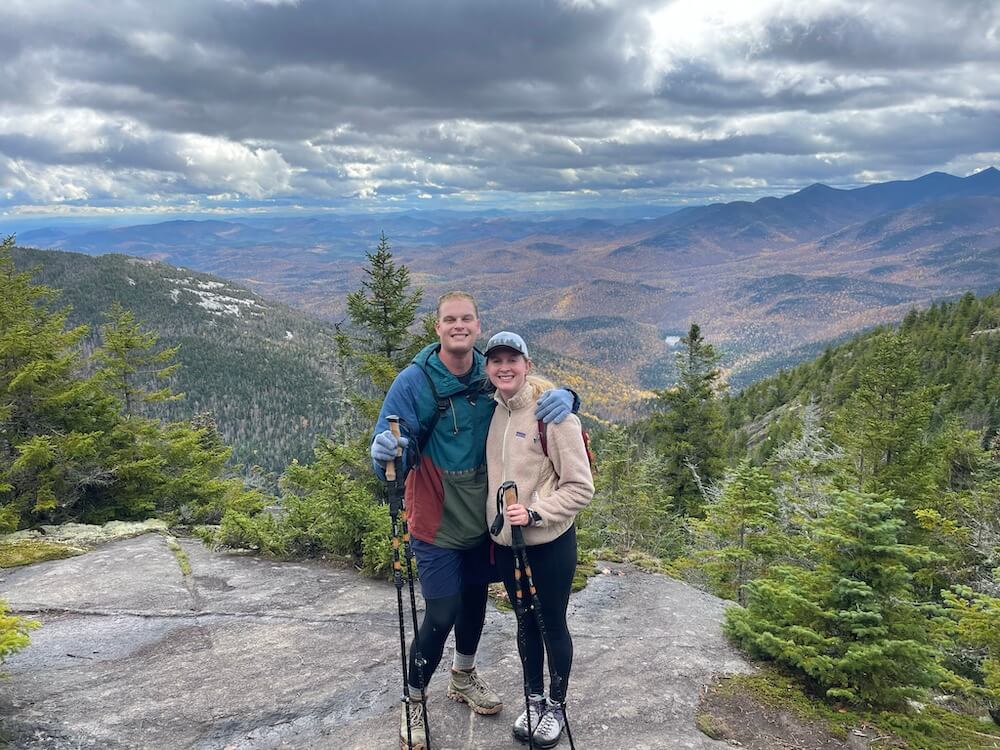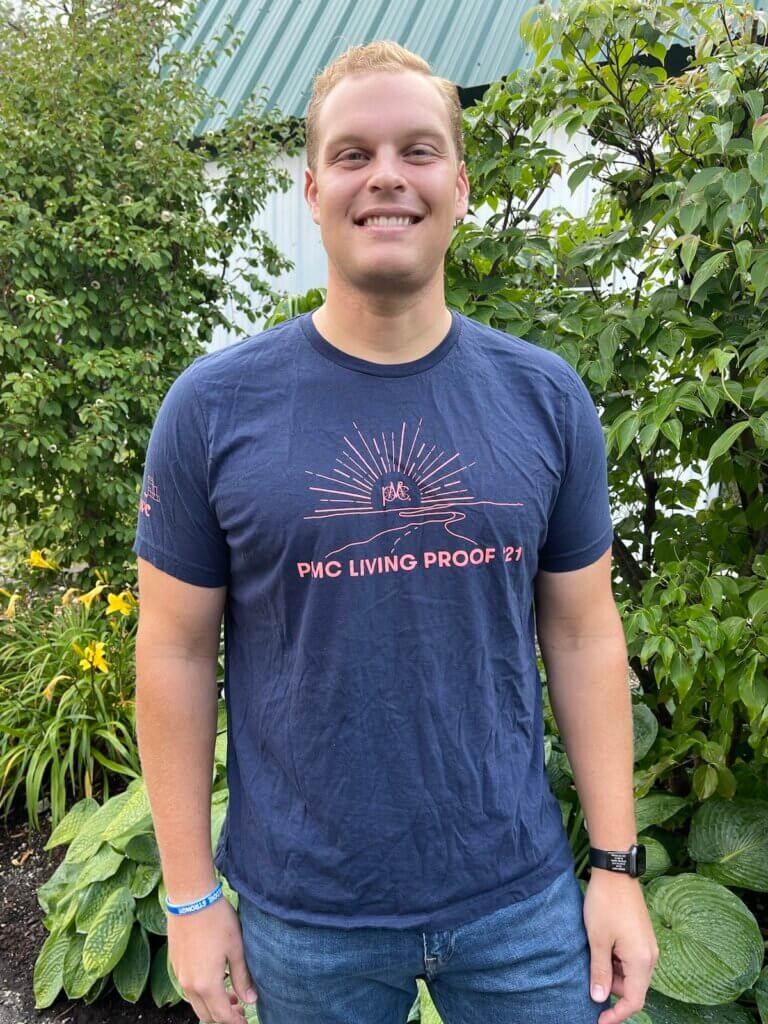At 25, Fredrick Knight was unsure what to do when he felt an intense pain in his right testicle. He visited the local emergency room where he lived in Western Massachusetts and was told that the answer might be testicular torsion, a condition that occurs when a testicle rotates, reducing blood flow and causing pain.
That was ruled out relatively quickly, but the possibility that Knight’s medical problem might be cancer was still not raised. Hospital physicians instead theorized that the pain was likely caused by a sexually transmitted infection, though this prognosis didn’t make sense to Knight since he had been with his partner and now-wife for several years. Knight left the emergency room without clear answers.
His symptoms continued and he visited a local urologist, who gave him the necessary tests in February 2020, the day before Knight would turn 26. It was then confirmed that he had stage I testicular cancer, news that made Knight overwhelmed and, of course, concerned for his future.
“Hearing the word cancer alone is very scary,” Knight says.
Thankfully, Knight’s concerns were alleviated when he sought treatment at Dana-Farber’s Lank Center for Genitourinary Oncology. There, he learned that testicular cancer is one of the most common cancers for men in his age range, but that it is also a treatable disease with a good prognosis: Over 95% of cases are cured.
“They gave me an itinerary for treatment, and it felt like I had just had a safety blanket wrapped around me,” he remembers about those first visits.

A team with a plan
Knight first had a successful surgery at Brigham and Women’s Hospital. Tumor markers in his blood — generally proteins and other substances that are made by cancer cells or by the immune system in response to cancer — were low, and imaging reassured his physician that the cancer hadn’t spread. In testicular cancers, physicians monitor the levels of two proteins, alpha-fetoprotein (AFP) and human chorionic gonadotropin (HCG), and an enzyme called lactate dehydrogenase (LDH). Following these markers along with routine imaging tests can help determine if cancer is still present or starting to return.
He continued to be monitored at the Lank Center by Atish Choudhury, MD, PhD, and when Knight noticed some lower back pain in July 2020, Choudhury sent him for a CT scan. The results showed that the cancer had metastasized, or spread, to a lymph node.
He began chemotherapy administered near his home in Western Massachusetts, which was overseen by Choudhury. This was a challenging time for Knight, who is usually quite active and played on his college’s basketball team. But he says he feels fortunate.
“I’m very thankful for Dr. Choudhury’s experience and knowledge,” he recalls. “The company that I work for was very empathetic and supportive. And I had my girlfriend at the time, and now-wife, through the whole process. When I got infusions, she would wait outside in a lawn chair reading her book. My only focus was getting healthy.”

The couple married in April 2022 in Yosemite National Park, about a year and a half after Knight went into remission in December 2020. Knight has not forgotten his experience at Dana-Farber, which has inspired him to find ways to give back. One way is by sharing his story and encouraging his friends to start performing testicular self-exams for cancer. Another is raising funds for Dana-Farber by cycling in the Pan-Mass Challenge (PMC).
“When I heard of the PMC, I didn’t even own a bike and I was in the worst shape of my life,” Knight recalls. “But I thought, it probably isn’t as hard as chemo, so I’ll give a shot.”
“Being diagnosed with cancer and eventually requiring chemotherapy is an exceptionally challenging experience, especially for our younger patients,” notes Choudhury. “I am so impressed at how Fred rose to this challenge and used his experience to work on his physical conditioning and to spread awareness to others.”
Knight rode in the next PMC eight months later.
“It was piece of cake,” he laughs. “Because I’m not just getting in shape for myself, I’m doing it for those going through treatment right now. I want to do everything I can to make more stories like mine possible.”
